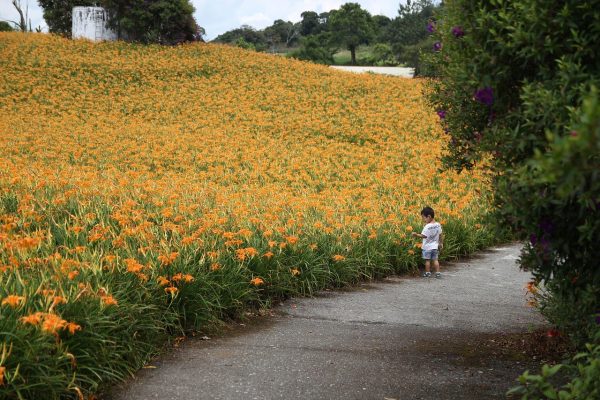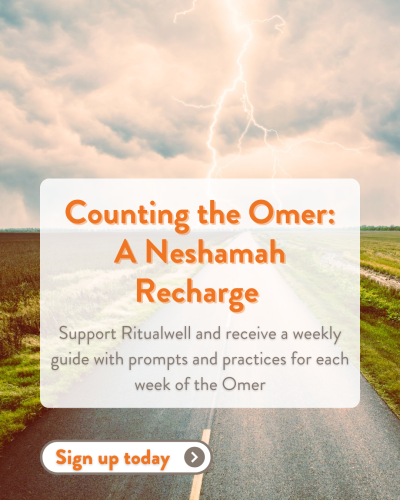HaMashiv haruach vHaMorid hagashem, God who causes the wind to blow and the rain to fall,1 your children cry out to you—“God, God, give us rain!”2 Send rains of blessing and bounty3 to our brothers and sisters in East Africa whose lives hang in the balance. For their sake and for the memory of those who have already perished from hunger and thirst, do not hold back water.4 Fulfill your words— open your hand to all;5 do not allow the righteous to go hungry.6
HaZocher Avot, God who remembers our ancestors, remember the cries of those who descended into Egypt to escape famine and walk with the people of Somalia as they journey long miles for sustenance.7 Spread over them a shelter of peace and keep them safe in their temporary resting places.8
Watch over your daughters, that they will be safe from attack; watch over your children, that they will escape disease. Grant that they will soon be able to return to their homes. Watch over and strengthen the hands of your messengers who toil on the ground to give aid. Do not allow us, the members of this holy congregation who assemble far away, to harden our hearts. Instead, open our ears so we hear the cries of those in need. Bless us today with the strength to support them in this hour of desperate need, and the endurance in the coming months and years to continue to work alongside them for justice, security and prosperity. HaShomeah Tfillah, God who hears prayers, answer this plea, for your children are in great distress.9
2 Talmud Bavli Ta’anit 23b
3 Mishna Ta’anit 3:8
4 From ‘Geshem’, the prayer for rain inserted into the Amida for Shmini Atzeret
5 Psalm 145:16
6 Proverbs 10:3
7 Genesis 12:10, 42:2 and others
8 From the daily evening service
9 From the insertion to the Amida prayer for a fast day












